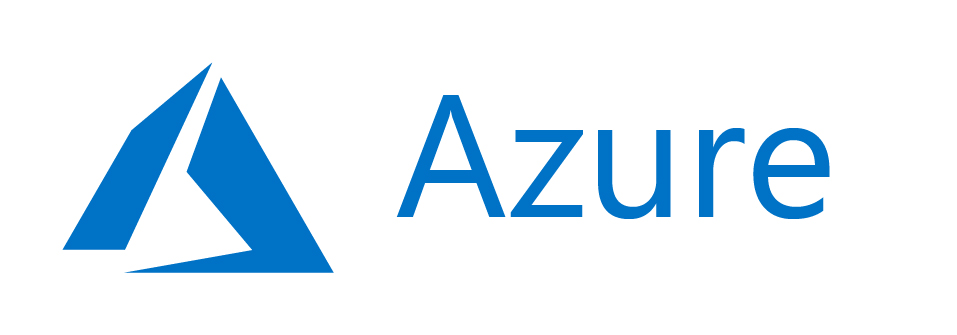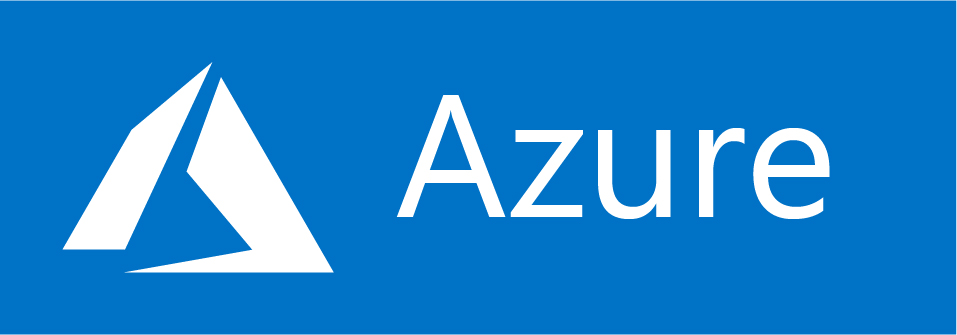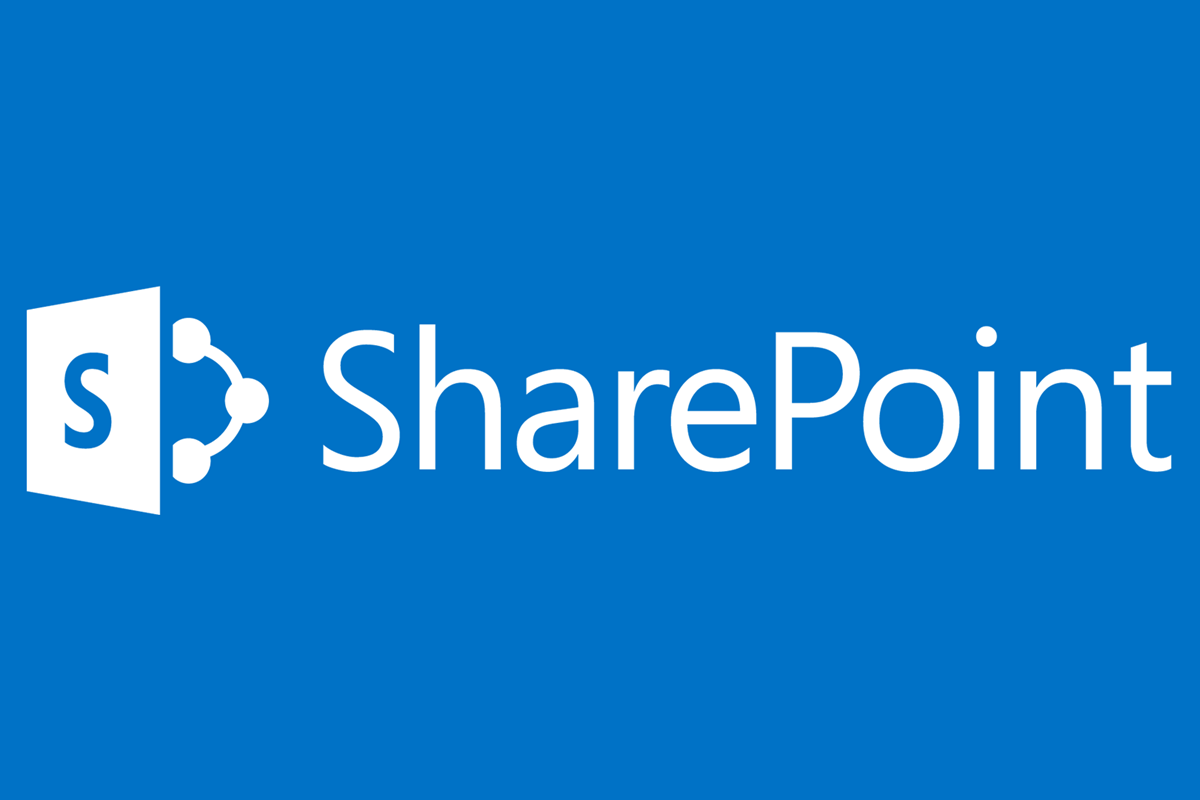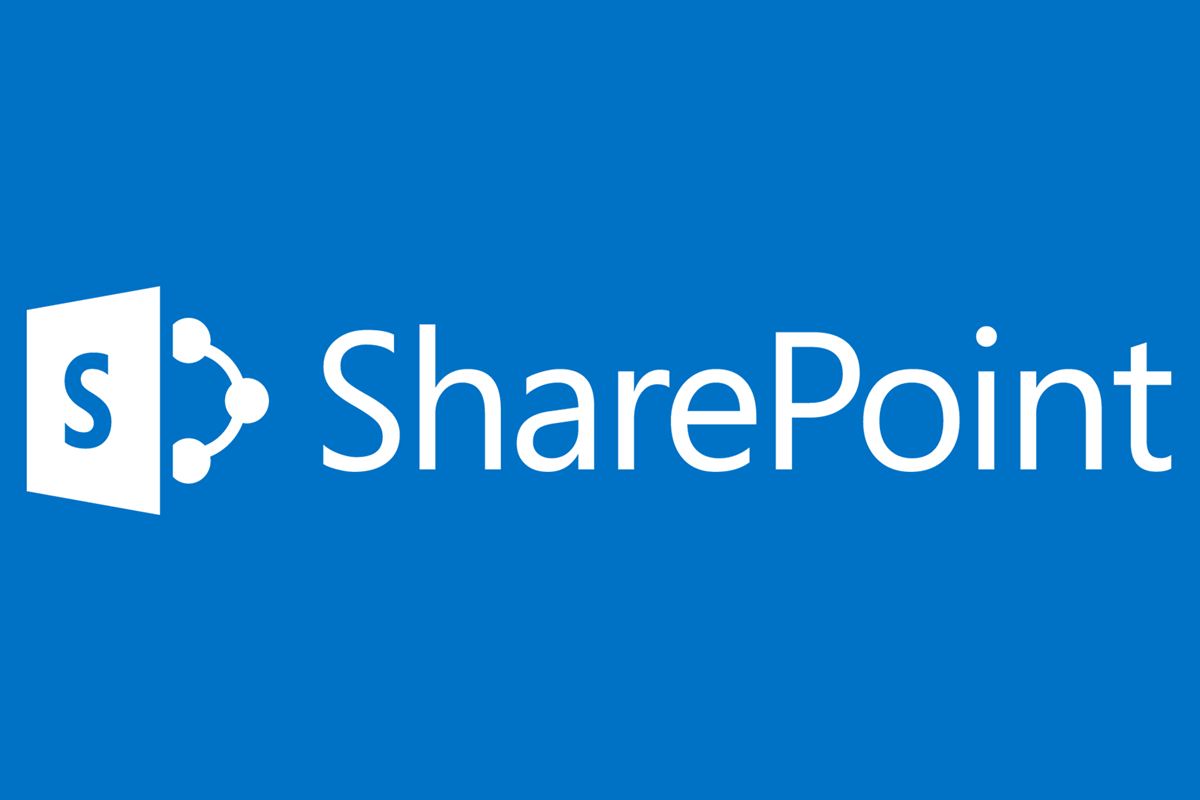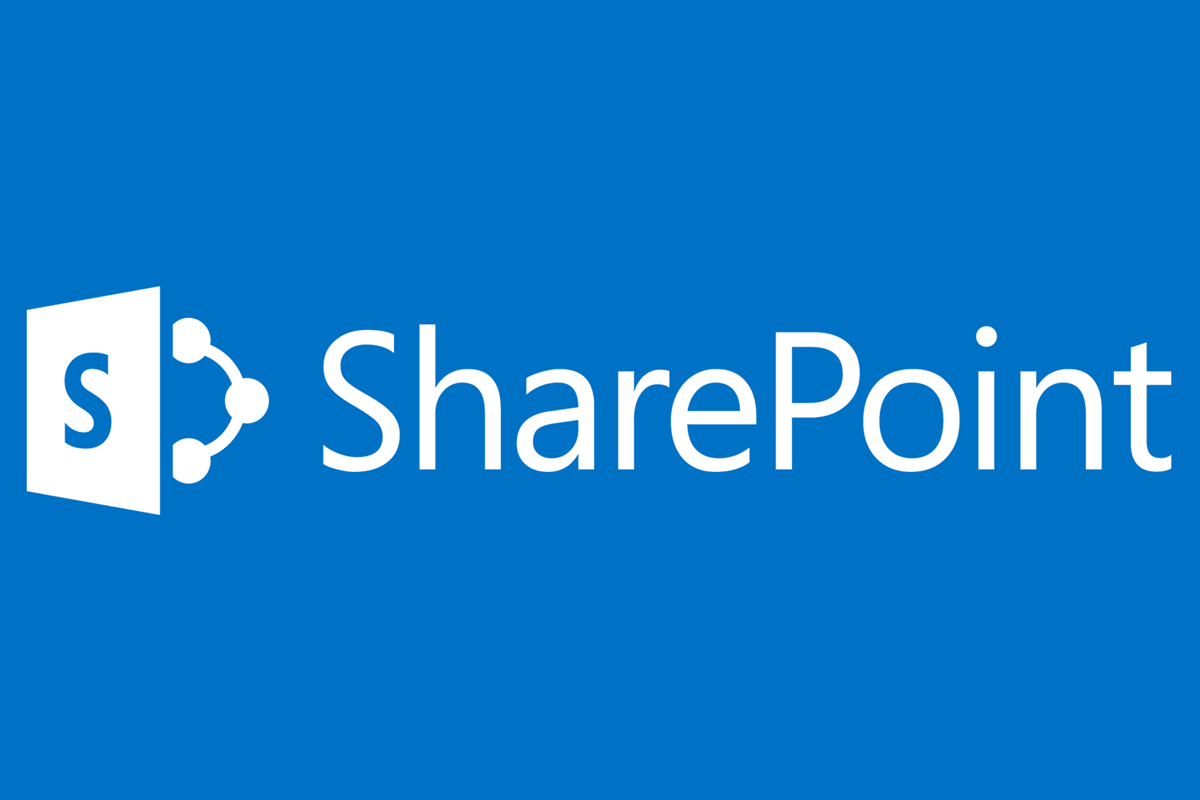Microsoft Cloud Workshop: Cognitive Services and Deep Learning
About this course In this workshop, you will learn to combine both pre-built artificial intelligence (AI) (in the form of various Cognitive Services) with custom AI (in the form of services built and deployed with Azure Machine Learning services). You will learn to create intelligent solutions atop unstructured text data by designing and implementing a text analytics pipeline. You will also learn how to build a binary classifier using a simple neural network that can be used to classify the textual data. Also, you will learn how to deploy multiple kinds of predictive services using Azure Machine Learning and learn to integrate with the Computer Vision API and the Text Analytics API from Cognitive Services.

